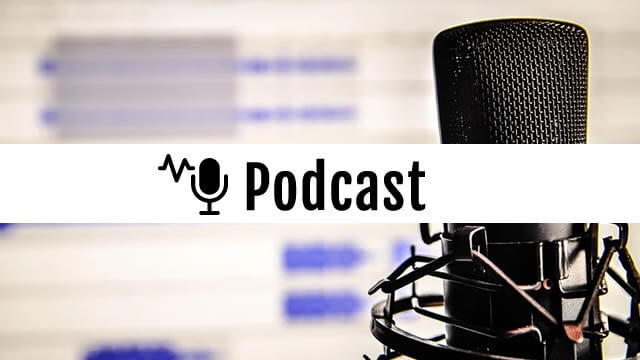Economic Calendar: A Rollercoaster Ride with March Inflation and Big Bank Earnings
Welcome, dear reader, to another exciting chapter in the world of economics! This week, we’ve got a double whammy of important economic data and corporate earnings reports that are sure to keep investors on the edge of their seats. Let’s dive right in!
March Inflation Data: The Price is Right…
First up, we’ve got the much-anticipated March inflation data. This report measures the change in the overall price level of goods and services in an economy over a certain period. It’s a key indicator of economic health and can provide valuable insights into the effectiveness of monetary policy.
The Consumer Price Index (CPI), which measures inflation from the perspective of consumers, is expected to show a modest increase. A rise in the CPI could signal that prices are rising at an unsustainable rate, potentially leading to higher interest rates to curb inflation. On the other hand, a lower-than-expected CPI could indicate that inflation is not a concern, allowing interest rates to remain low.
Big Bank Earnings: Profits and Losses
Next, we’ve got the earnings reports from some of the biggest banks in the world. These reports provide insight into the financial health of these institutions and can give us clues about the overall health of the economy.
Banks report earnings based on their performance over the previous quarter. Key metrics to watch include net income, revenue, and expenses. Strong earnings reports can boost investor confidence and lead to higher stock prices. Conversely, weak reports can send stocks tumbling.
The Tariff Effect: Uncertainty Reigns
But it’s not all about numbers and data. The economic calendar is also dominated by uncertainty surrounding President Trump’s tariff announcement, which is expected to take effect on Wednesday. The tariffs, which could impact a wide range of industries, have the potential to significantly impact inflation and economic growth.
The impact of the tariffs on individuals and businesses will depend on the specifics of the announcement. For consumers, higher prices on certain goods could lead to a decrease in disposable income. For businesses, increased costs could lead to lower profits or even job losses. It’s a wait-and-see game, and the economic calendar is just the beginning.
The Ripple Effect: A Global Perspective
The impact of these economic events is not just limited to the United States. The global economy is interconnected, and events in one country can have ripple effects around the world. For example, higher inflation in the US could lead to higher interest rates, making it more expensive for other countries to borrow money and potentially slowing down their economic growth.
Similarly, the impact of the tariffs on global trade could lead to a decrease in exports from countries that are heavily reliant on the US market. This could have significant economic and political consequences, particularly for countries that are already experiencing economic instability.
Conclusion: Buckle Up!
So there you have it, folks! A rollercoaster ride of economic data, corporate earnings reports, and uncertainty surrounding tariffs. Buckle up and hold on tight, because this economic calendar is sure to keep us on the edge of our seats!
- March inflation data: a key indicator of economic health and potential impact on interest rates
- Big bank earnings reports: insight into the financial health of major institutions and the overall economy
- President Trump’s tariff announcement: potential to significantly impact inflation and economic growth, with ripple effects around the world





